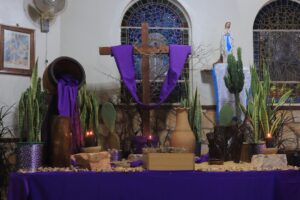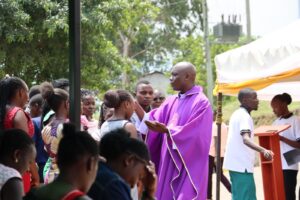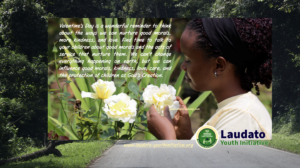Kisembo Immaculate | Laudato Youth Initiative Publications Editor
Often, we overlook the fact that young people possess not only the energy and zeal for action, but also represent the majority of the population especially in our Country Uganda. They are also among the most concerned about the growing climate crisis. Yet, society too often neglects their voice and potential in shaping the solutions we urgently need.
Faith-based organizations offer a vital response to this challenge. They provide not only spiritual grounding but also structured, community-based platforms for education, engagement, and action. The Catholic Church, in particular, has a long tradition of guiding documents and teachings that speak directly to the need for ecological responsibility. From Laudato Si’ and Laudate Deum, to The Letter and the establishment of the World Day of Prayer for the Care of Creation, the Church has shown remarkable leadership in linking faith with environmental action.
Popes have long called attention to the moral dimensions of the ecological crisis, but most prominently, Pope Francis and now Pope Leo XIV have taken bold steps to integrate environmental teachings into the heart of Church life in schools, parishes, and communities.
The Laudato Youth Initiative is a prime example of this vision in action. By harnessing the power of media the space where most young people spend their time and leveraging institutions, places of worship, and community networks, the initiative delivers the message of creation care in ways that are spiritually meaningful, socially transformative, and economically innovative. For youth, caring for our common home becomes not just a moral obligation, but a path of innovation, charity, and leadership.
How Religious Teachings Inspire Environmental Stewardship and Community-Led Conservation
Faith as a Catalyst for Sustainability
“It is neither just nor human so to grind men down with excessive labor as to stupefy their minds and wear out their bodies…The earth, though apportioned among private owners, ceases not thereby to minister to the needs of all.”














